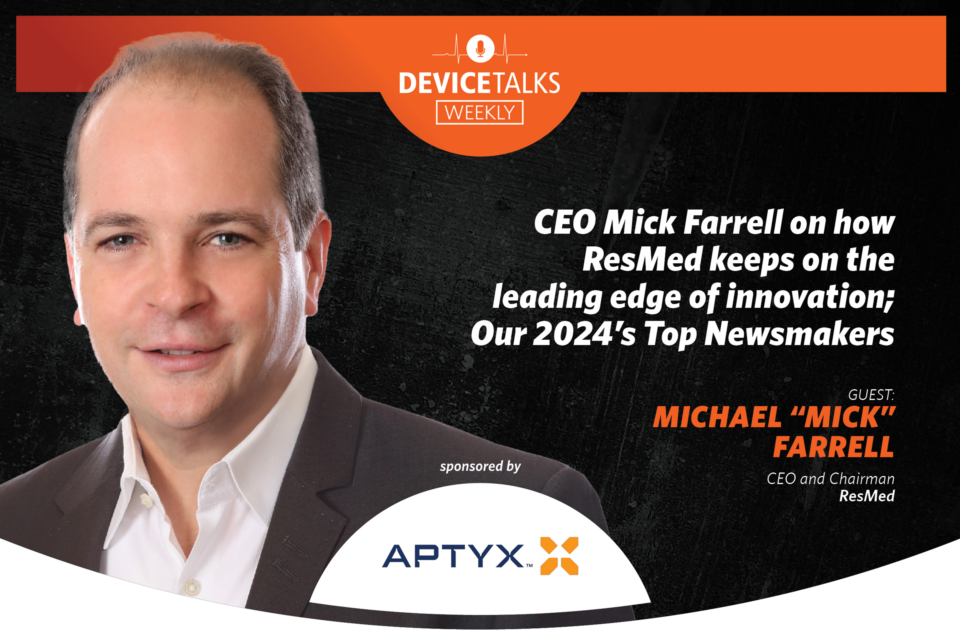Artificial intelligence: What medtech’s top influencers think

Artificial intelligence’s effect on medtech was a question that came up continually during our DeviceTalks Boston show in early May.
Here is what some of the top influencers in the industry had to say:
Boston Scientific CEO Mike Mahoney on artificial intelligence and medtech

Boston Scientific CEO Mike Mahoney [Photo courtesy of Boston Scientific]
“You have variance of doctor skills all over the world. If you have that AI algorithm, just like they have with diagnostic imaging, you can raise the bar in terms of quality and potentially speed programs. You’re seeing AI used all over the place. You see it used in our diagnostics business in CRM where we have these two-week Holter monitors. Your heart beats 100,000 times a day and you have thousands of patients that you’re monitoring. And you can’t hire 8,000 people in Gillette Stadium to read all these EKGs. So you leverage AI algorithms to actually read the EKGs for you, and they flag kind of red, yellow, green as to which ones to look at for the human inspection. I think you’ll see it improve quality, as I mentioned. You’ll see it in our training and our marketing capabilities. And I think you’re going see some amazing AI capabilities typically around the diagnostic area that’ll be married with our implants.”
BD CEO Tom Polen on artificial intelligence and medtech

BD CEO Tom Polen [Photo courtesy of BD]
Dr. Nitin Goyal, orthopedic surgeon and chief science, technology and innovation officer at Zimmer Biomet

Dr. Nitin Goyal is Zimmer Biomet’s chief science, technology and innovation officer. [Photo courtesy of Zimmer Biomet]



